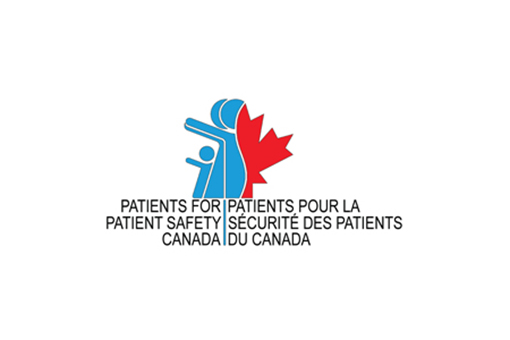Lack of mental health care places teenager at risk
October 27, 2016
Denice Klavano had just lost one of her beloved sons, and now the life of a second was hanging in the balance.
As far as this desperate mom was concerned, the mental health service that should have been there to rescue her boy was failing miserably. "Mental health care" seemed little more than a cruel oxymoron to her.
Klavano's year from hell began with a ringing telephone on March 13, 2006 — one of those calls no parent ever wants to receive. It was the police. Her 18-year-old son Brad, a reservist with the Princess Louise Fusiliers, had been in an accident at the armoury in Halifax.
When she arrived at the hospital, Klavano was met by a policeman with tears in his eyes. She was ushered to the hospital's family room, the dread building in her with each step.
"Then I saw the priest. I thought, 'Oh my God, not the priest.' I just knew," Klavano says.
Some three weeks earlier, Brad's donor card had arrived in the mail for him to sign. He and his mother had kidded about it. Brad had assured her he was signing the card, Klavano recalls, gesturing to his body with a big smile and saying, "mom, it's just a rental."
Brad died after being crushed between a forklift and a truck. An autopsy found that when he'd been intubated in the emergency room, the breathing tube was passed into his stomach instead of his lungs. But an inquest later ruled that his injuries from the armoury accident would have been non-survivable anyway.
The hospital contacted Klavano and fully disclosed the medical error, with an apology. But after that Klavano felt pretty much forgotten and on her own, aside from some support from the military.
"They would send people around every so often. We would get a phone call from the padre checking in which was nice because we hadn't lived in Nova Scotia long. We didn't know very many people. But the hospital itself, there really wasn't anything further. They leave you a phone number and say, 'Well, call if you have questions.' But you don't have the strength for that.
"When you're grieving the death of a child, everything takes such monumental energy. It's really hard to fight it. People talk about one day at a time but it's really one breath at a time."
A single parent, Klavano still had three other sons to worry about, and the youngest of them, 14-year-old Doug, was in real trouble. Grieving, deeply depressed and miserable at school, he tried to kill himself with an overdose. Klavano took him to the hospital, and he was admitted for a while, but it seemed more like a babysitting facility than a treatment centre, Klavano recalls. Urgent referrals made to outpatient mental health care were misdirected. Specialists who claimed to be listening didn't seem to hear. Klavano's concerns over her son's worsening condition were dismissed. Doug's spiral downwards continued.
"It was winter and he'd go off in the woods behind our house and say 'you're going to have two dead sons.' All the medication in the house, the knives, ropes, anything, I locked in the trunk of my car and slept with the keys. I took a leave from work and then I took a different job with lower pay but better hours so that I was home when he got off the bus and made sure he got on the bus in the morning to school." Doug went on to make more attempts on his life. He was getting into fights, he was getting involved with drugs and alcohol.
"I couldn't get anybody to see that a lot of what he was doing was like it was grief, it was acting out. But they seemed to be more interested in how they could meet their needs as a system than how they could meet our needs as a patient and a family. We were desperate."
Following yet another suicide attempt, the ambulance crew took Doug to the adult hospital rather than the children's wing. It was only there, after he recovered and was placed in the care of a full psychiatric team, that the young man got the help he had so desperately needed all along. He's a healthy adult today, with a fiancée and his own business. But for a long while there, early in his life, he was alone on a precipice.
The experience left Klavano angry but also deeply committed to change. She pressed for a review of his painful odyssey through Nova Scotia's youth mental health system and subsequently received an apology for all the missed signals and numerous gaps in his care and follow-up.
"Perhaps we wouldn't have ended up in a situation where he's almost need a liver transplant," Klavano says, looking back at that time. "Perhaps he would have been able to be successful and finished school instead of spending his time back and forth in the hospital and self-medicating with drugs and things like that. Perhaps the pathway could have been different and our family spared a lot of pain and grief." Klavano brings that intimate experience to her work each day with patient relations at the Nova Scotia Health Authority and as co-chair for Patients for Patient Safety Canada.
"I really hope that what people take away from our story or hearing about our experiences, is to ask people what they need, how can I serve you today, how can I meet your needs today, don't tell me what I need, don't dictate what my pathway will be, join me and ask me what it looks like from my view and how you can help on that path. I hope that's what people will remember."

Want to read more?
